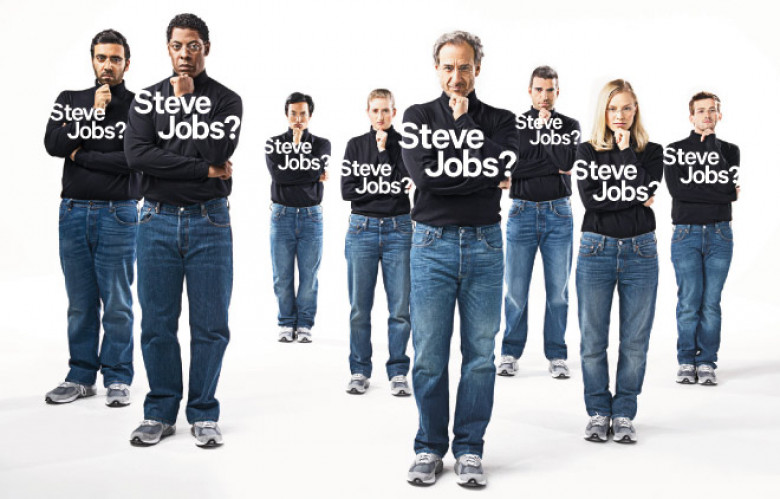The Story of Steve Jobs: An Inspiration or a Cautionary Tale?
Soon after Steve Jobs returned to Apple as CEO in 1997, he decided that a shipping company wasn’t delivering spare parts fast enough. The shipper said it couldn’t do better, and it didn’t have to: Apple had signed a contract granting it the business at the current pace. As Walter Isaacson describes in his best-selling biography, Steve Jobs, the recently recrowned chief executive had a simple response: Break the contract. When an Apple manager warned him that this decision would probably mean a lawsuit, Jobs responded, “Just tell them if they fuck with us, they’ll never get another fucking dime from this company, ever.”
The shipper did sue. The manager quit Apple. (Jobs “would have fired me anyway,” he later told Isaacson.) The legal imbroglio took a year and presumably a significant amount of money to resolve. But meanwhile, Apple hired a new shipper that met the expectations of the company’s uncompromising CEO.
What lesson should we draw from this anecdote? After all, we turn to the lives of successful people for inspiration and instruction. But the lesson here might make us uncomfortable: Violate any norm of social or business interaction that stands between you and what you want. Jobs routinely told subordinates that they were assholes, that they never did anything right. According to Isaacson, even Jonathan Ive, Apple’s incomparable design chief, came in for rough treatment on occasion. Once, after checking into a five-star London hotel handpicked for him by Ive, Jobs called it “a piece of shit” and stormed out. “The normal rules of social engagement, he feels, don’t apply to him,” Ive explained to the biographer. Jobs’ flouting of those rules extended outside the office, to a family that rarely got to spend much time with him as well as to strangers (police officers, retail workers), who experienced the CEO’s verbal wrath whenever they displeased him.










































































